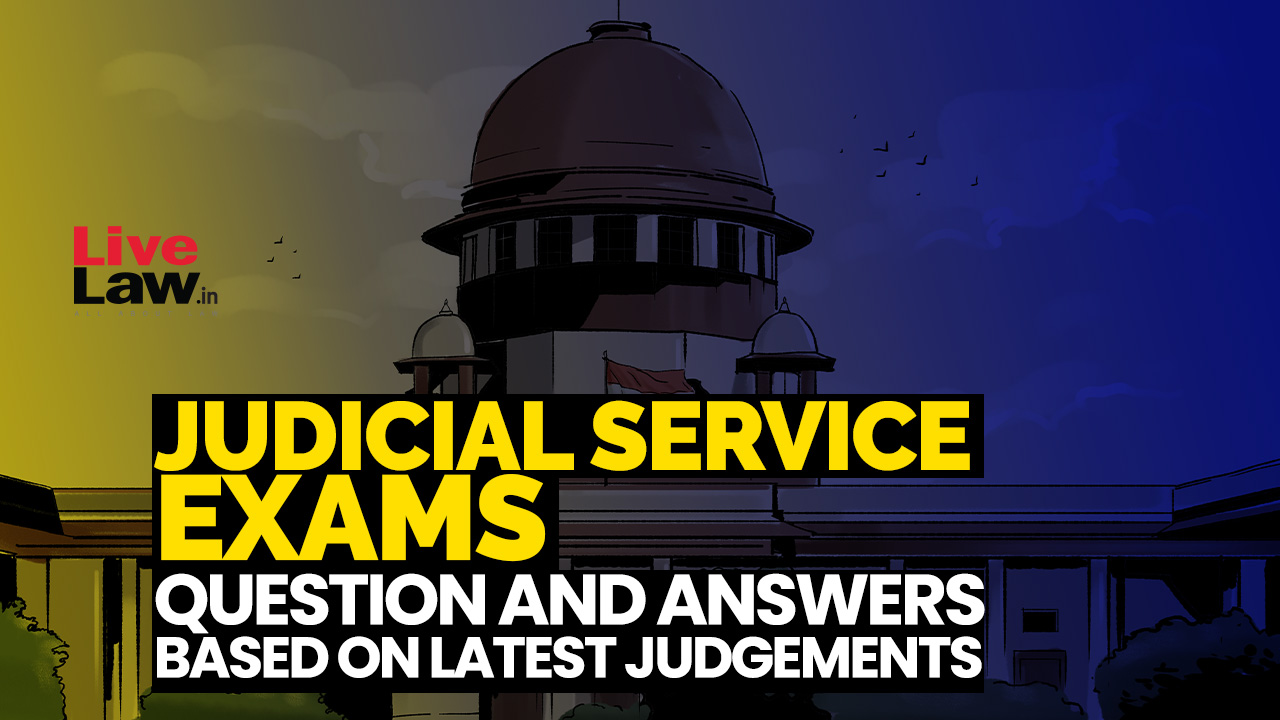Q1. Which of the following is true with respect to the decision in the 2020 judgment of Tofan Singh v. State of Tamil Nadu? a. NDPS officers are not police officers since they do not file any charge-sheetb. NDPS officers are police officers but confessional statements recorded by them are admissible c. NDPS officers are police officers and therefore confessional statements...

